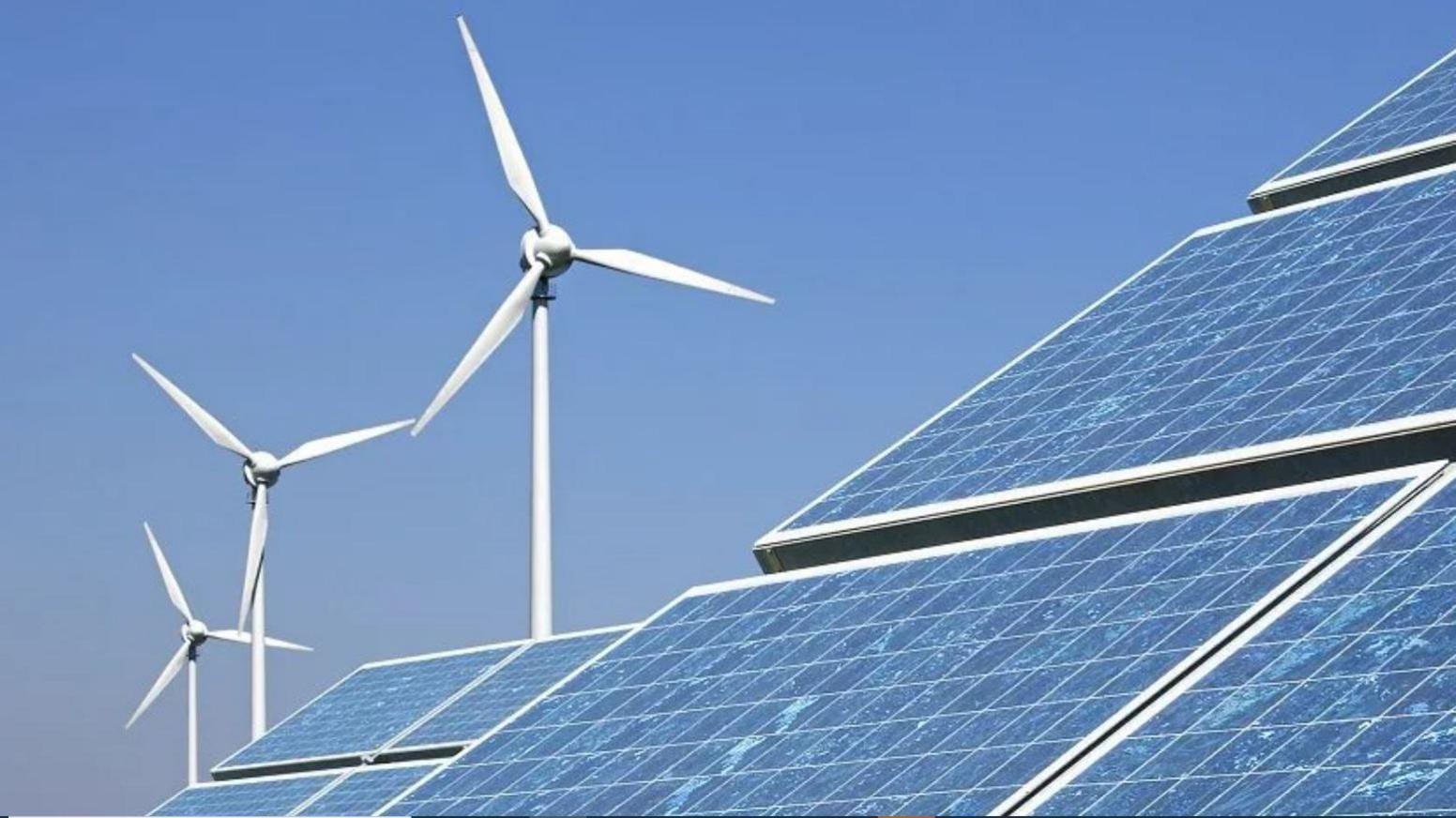Fewer in NI willing to pay more for greener energy

- Published
There has been a big fall in the proportion of Northern Ireland consumers who are willing to pay more for their energy if it would help protect the environment.
The NI Utility Regulator conducts an annual survey of consumer attitudes.
In 2021, almost a third of respondents said they would be "willing to pay a little extra" towards projects to help the environment.
As energy costs rose in 2022 that fell to 24% and fell further to just 9% in 2023.
A representative sample of 1,502 people were surveyed by telephone during October 2023 and November 2023.
They were told that energy suppliers may need to invest in a range of areas in the future, with some of these costs potentially being passed on to customers.
These areas were environmental projects, network reliability and help for vulnerable customers.
Respondents were asked which areas of investment, if any, they would be willing to pay a little extra for on their bills.
More than four in five of those asked (83%) said they would not be willing to pay anything extra - this is up from 63% in 2022 and 54% in 2021.
Just 4% said they would be willing to pay extra for improved reliability while 12% said they would be willing to pay more to provide extra help for vulnerable customers.
The regulator said this suggests consumers would struggle to cope with further cost increases against a backdrop of high but relatively stable prices.
Energy companies, particularly electricity grid owners and operators, are going to have to invest significantly to facilitate more renewable energy.
For example, NIE Networks, which owns the grid in Northern Ireland, is planning to invest over 拢3bn over the next 10 years.
It has said that will mean an additional cost to customers of about 拢10 to 拢20 a year.